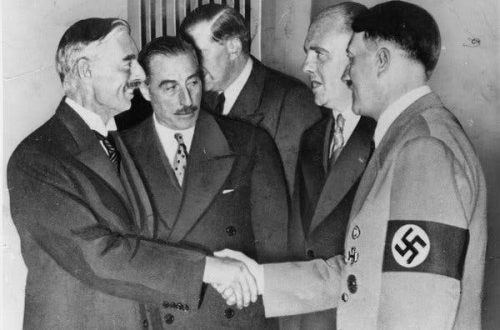By Karl Pfeifer
The Hungarian Government will erect a monument in the centre of Budapest marking the German occupation of the country on March 19, 1944. A few weeks later another Holocaust museum will open in the capital. The government is keen on giving the appearance– mainly abroad– that Hungary is a democratic country like all other EU states.
But believing that one can say things in Hungarian for a domestic audience which are not noticed outside its borders, high-level government officials give speeches which (like many other things this government does) do breach the basic values of the EU.
In January 1943 the Red Army attacked the second Hungarian army at the shores of the Don and destroyed it. Many of the badly-equipped 200,000 Hungarian soldiers lost their lives. On the 71st anniversary of the Soviet “Breakthrough at the Don,” Tamás Vargha, Undersecretary of the Defence Department, said in a public speech that “the General Staff of the time said it loud and clear: participation in the war has to be avoided.”
This is a crude falsification. Nothing forced Hungary to join the German attack against the Soviet Union; the Chief of the General Staff Henrik Werth suggested in writing to Prime Minister Bárdossy on June 14, 1941, that Hungary should take part in the German attack (to get a part of the spoils), which proved to be a catastrophic miscalculation.
To quote Vargha further: “Many tens of thousands of Hungarian soldiers became casualties on the Don, yet these Hungarians on the wide Russian battlefields did not fight and die for foreign interests, but in defence of their homeland.”
This sort of revisionist thinking usually propagated by rightwing extremists is now voiced by representative government politicians, while their colleagues insist– mainly abroad– on the huge difference between the rightwing Jobbik and the “conservative” Fidesz-KDNP.


